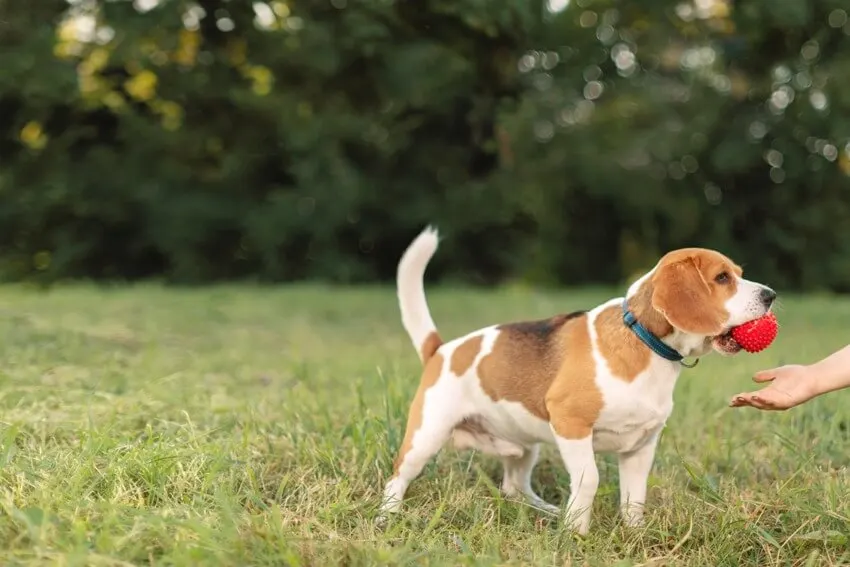Dog chewing on fences can be a frustrating issue for pet owners, leading to damage of property and potential harm to the dog itself. Understanding why dogs engage in this behavior and finding effective solutions is crucial for maintaining a safe and pleasant environment for both pets and owners.
Understanding the Problem
Dogs may chew on fences due to boredom, anxiety, territorial instincts, or simply to explore their surroundings. This behavior can result in damaged fences, which compromise their functionality and aesthetic appeal. Additionally, persistent chewing may pose health risks to dogs, such as broken teeth or ingestion of harmful materials.
Factors to Consider Before Choosing a Solution
Before selecting a solution to prevent dog chewing, several factors should be considered. The size and breed of the dog influence their chewing habits, with larger breeds potentially causing more damage. The type of fencing material also plays a significant role, as some materials are more susceptible to damage from chewing. Finally, budget considerations will guide whether to opt for DIY solutions or professional-grade products.
Non-Chemical Solutions
Training Techniques
Positive reinforcement methods, such as rewarding the dog for not chewing and redirecting their attention to toys or other activities, can effectively deter chewing behavior. Consistency and patience are key to successfully training dogs to avoid chewing on fences.
Physical Barriers
Installing physical barriers at the base of the fence, such as chicken wire or rocks, can prevent dogs from accessing and damaging the fence. Additionally, applying bitter sprays or deterrents to the fence can make it less appealing for dogs to chew on.
Chemical Solutions
Bitter Sprays and Deterrents
Bitter sprays and deterrents are available commercially and work by imparting an unpleasant taste to the fence, discouraging dogs from chewing. It’s essential to choose products that are safe for pets and effective in deterring chewing behavior without causing harm.
Alternative Fencing Options
Metal or PVC Coatings
Coating the fence with metal or PVC can create a barrier that is less appealing for dogs to chew on. These coatings are durable and can provide long-term protection against chewing damage. However, they may require a higher initial investment compared to traditional fencing materials.
Professional Installation Options
Anti-Chew Guards
Anti-chew guards are specialized products designed to protect fences from dog chewing. They are typically made from durable materials and can be installed along vulnerable areas of the fence where chewing is most likely to occur. Professional installation ensures that the guards are properly fitted and effective in preventing damage.
DIY Anti-Chew Solutions
Homemade Sprays and Mixtures
Homemade sprays and mixtures can be an effective and affordable alternative to commercial products. Ingredients such as vinegar, lemon juice, or cayenne pepper can be mixed with water and sprayed onto the fence to deter chewing. It’s important to test homemade solutions on a small area of the fence first to ensure they are safe and effective.
Case Studies and Success Stories
Real-life examples of successful Anti-Chew Dog Fencing Solution can provide insights and inspiration for pet owners facing similar challenges. Sharing stories of how others have effectively prevented dog chewing on fences can encourage experimentation with different methods and solutions.
Conclusion
Preventing dog chewing on fences requires a combination of understanding the underlying reasons for the behavior and implementing appropriate solutions. By choosing the right approach based on factors such as dog size, fencing material, and budget, pet owners can effectively protect their fences and create a safe environment for their dogs.

